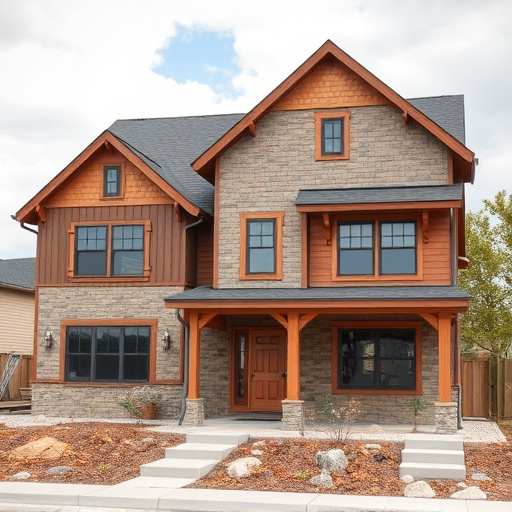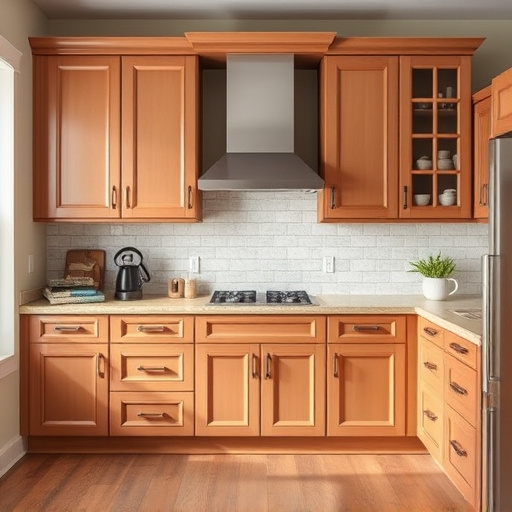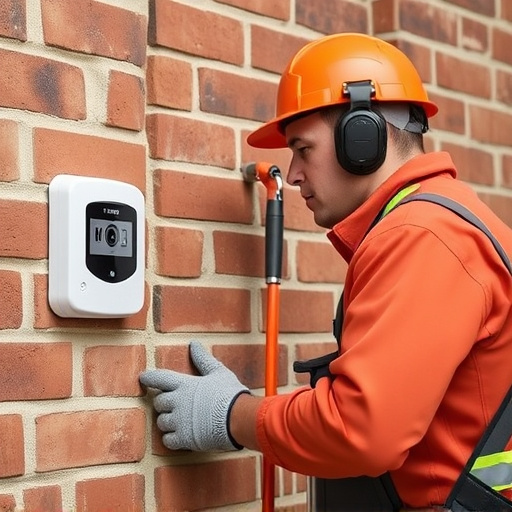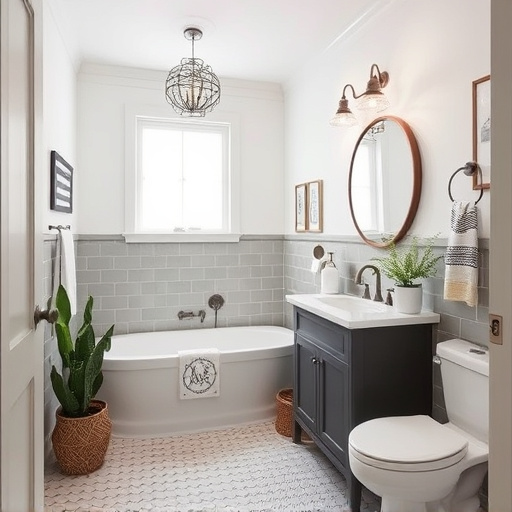Thoroughly understand and adhere to local permits and building codes for successful countertop installs. These regulations vary by area, ensuring safety, quality, and compliance with local standards. Researching and obtaining necessary approvals streamline installation, protect investments, and ensure countertops enhance home transformations.
“Planning a countertop install? Navigating permits and codes can seem daunting, but understanding these essential pre-installation steps is key to a smooth project. From understanding building codes to navigating local regulations, this guide breaks down everything you need to know for a successful countertop installation. Ensure compliance, avoid delays, and transform your space with confidence.”
- Understanding Permits: Essential Pre-Installation Steps
- Building Codes: What You Need to Know for Countertops
- Local Regulations: Navigating Requirements for Smooth Installs
Understanding Permits: Essential Pre-Installation Steps

Before diving into the installation process, it’s crucial to grasp the importance of permits and codes in countertop install projects. These regulatory measures are designed to ensure safety, quality, and compliance with local building standards. Understanding the required permits is an essential pre-installation step for any residential renovations or home remodeling project involving countertops.
Each jurisdiction has its own set of regulations and codes governing construction activities, including customized home renovations. Permits grant official approval for your project, ensuring that your countertop install meets all necessary safety and quality standards. Failing to obtain the required permits can lead to project delays, fines, or even legal issues. Therefore, it’s vital to research and understand the specific requirements for your area, enabling a smooth and compliant countertop installation process.
Building Codes: What You Need to Know for Countertops

When undertaking a countertop install project, whether for kitchen renovations or bathroom transformations, it’s crucial to understand the relevant building codes. These codes are designed to ensure safety and quality in construction, safeguarding both occupants and builders. Familiarizing yourself with local building regulations is an integral part of any countertop installation process. Every region has its own set of standards, focusing on structural integrity, material safety, and ventilation, among other aspects.
In the realm of countertop installations, building codes govern everything from material choices to plumbing connections. For instance, specific guidelines might dictate the type of fasteners used or the depth of counter gaps allowed. Customized home renovations often require a deeper understanding of these codes, as they cater to unique design elements and personalized features. Staying informed about current regulations can streamline your countertop install project, ensuring compliance from the outset.
Local Regulations: Navigating Requirements for Smooth Installs

Navigating local regulations is a crucial step for a successful countertop install project. Each municipality has its own set of codes and permits required for such installations, varying from building permit applications to specific requirements for materials and craftsmanship. Understanding and adhering to these regulations is essential to ensure your project complies with local standards and avoids any legal hurdles.
For instance, in the realm of kitchen and bath renovations, home remodeling projects often require additional permits, especially when involving structural changes or new plumbing installations. Home transformations can be seamless when you proactively research and obtain the necessary approvals. This process not only guarantees a smooth installation but also protects your investment and ensures your countertop enhances your living space safely and effectively, contributing to the overall aesthetic of your home transformations.
When undertaking a countertop install project, navigating permits and codes is crucial for a smooth and compliant installation. By understanding the essential pre-installation steps, familiarizing yourself with relevant building codes, and adhering to local regulations, you can ensure your countertop install meets all necessary requirements. This comprehensive approach not only facilitates a seamless process but also guarantees the longevity and safety of your new countertop, making it a valuable investment for any home or business.














